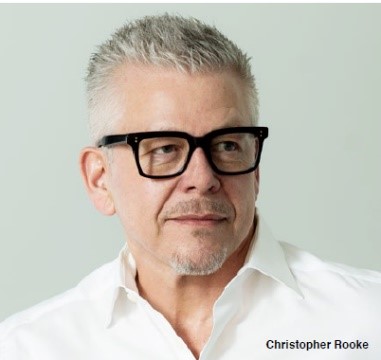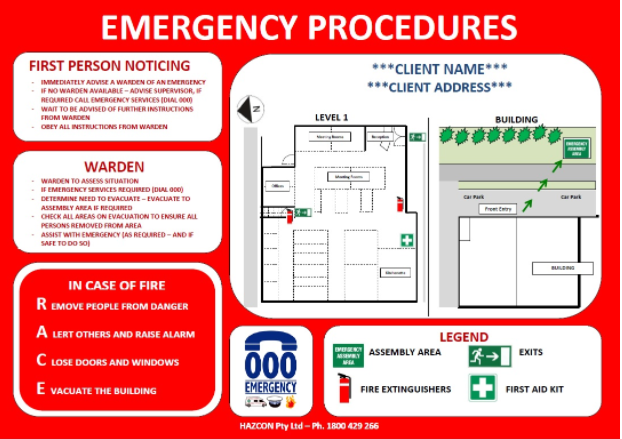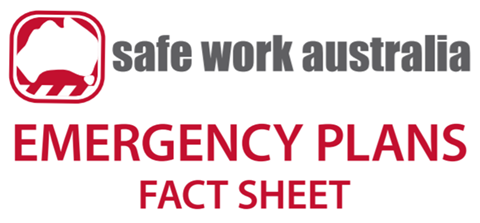As you only too well know, Financial Management plays a critical role for all Village Managers and Operators, and how the decisions made can affect your residents.
For those of you that are Members of the DCM Institute program, you may have completed this topic and know what I am talking about. However, with the New Year looming we thought it was a great opportunity to share some tips. And now may be a good time to do a refresher of this topic in the Knowledge Centre.
Legislation Requirements
The Retirement Villages Act and associated Retirement Villages Regulations specify an operator’s obligations in relation to the financial management of retirement villages.
While we are not required to be accountants, we should know enough about the village financial matters to be able to understand the workings of the budgets and accounts.
By engaging and working with your finance department, qualified accountants and auditors, you will be able to confidently present sound budgets and accurate financial statements for the village.
We must also abide by the more general legislative local, State and Commonwealth obligations for relevant levies, rates, taxes and other legal responsibilities.
In the legislation are details the operator’s obligations related to:
- The financial information provided to residents
- How village funds can be collected, accrued and utilised
- Where and for what purpose funds can be expended
- Inclusions / exclusions of items specific to a fund type (capital, recurrent, general)
- Reporting of the village’s income and expenditure
- The timing, format of and processes to consult with and present to residents
- The process for managing any finance related dispute
- Disclosure statements and independent auditing
- Resident incoming contributions and exit entitlements
It is a great idea to keep a copy of your relevant RV Act and regulations at hand for quick reference, (hard copy or internet booked marked).
Common Village Practices
Village Budgets
A budget is simply a way of thinking ahead financially.
The Village budget represents the expenses you expect to incur and the income you propose to receive during the 12 month forecast period; it is a statement of anticipated income and expenditure. A well-prepared budget will determine whether your income is likely to exceed your expenditure, and if so by how much.
When preparing the Village budget, we should undertake a process of review and verification to ensure budget data and inputs are accurate and have a sound basis for inclusion.
Refer to the Budget Planning Guide in the DCMI Portal to assist with your budget planning process.
Village Funds
The Financial Management of a village includes the way an operator manages the funds of the village.
This extends to a legislative prescribed regime for the classification of and responsibility for, expenditure relating to all village related funds.
Compliance with the Retirement Villages legislation for your state is imperative, as its adherence to any related terms of each resident’s contract.
The following gives a general overview of the types of funds that are prescribed. Please note the name and obligations of these funds may vary from state to state.
Each Village generally has 3 funds
- A capital replacement fund for replacing the village’s capital items
- A maintenance reserve fund for maintaining and repairing the village’s capital items
- A general services charges fund for the cost of services that are supplied or made available to all residents of a retirement village
General Services / Recurrent Charges
Residents collectively fund general services via general services charges; however, the operator pays general services charges (or part) for unsold units and vacated units
General services is defined as ‘services supplied, or made available, to all residents of a retirement village’
- Providing, operating and managing the community facilities
- Gardening and landscaping
- Managing security at the village
- Maintaining an emergency help system and safety equipment
- Cleaning, maintenance and repairs of and to the community facilities
- ‘Administration’ and or ‘Management’ costs
The Act also regulates the charging of general services to a resident after the resident has vacated.
An Operator may reduce the period a resident is required to pay the charge but is not able to compel a resident to pay this charge beyond the prescribed period.
Maintenance Reserve Fund (MRF)
This fund provides for the ongoing maintenance and repair of the village’s capital items.
The income into this fund is generally derived as a monthly contribution from the General Services Fund.
Capital Fund
The treatment of Capital items can vary from state to state and also with different resident contracts. In general Capital items are:
- The buildings and structures located in the retirement village and owned by the operator, including the communal facilities, amenities and accommodation units,
- But are not items that, under the residence contract, are to be maintained, repaired and replaced by the resident.
Where required by legislation and/or to achieve best practice, a Quantity Surveyor’s report should be updated or completed to identify the minimum requirements an operator has in relation to the Capital Fund.
The Quantity Surveyor report would then provide the basis for the Capital Fund expenditure for that year.
Capital expenditure items would include the cost of:
- The Quantity Surveyor report
- The provision/replacement of all initial/ongoing capital items
- Building & structural expenditure
- Plant & equipment
- Communal hot water
- Air-conditioning
- Community facility furnishings
- Vehicles
- Roads/paths
- Drainage/sewer
- Initial landscaping
- Electrical distribution systems
Additional financial management considerations may include:
Personal Services
- Defined as ‘optional services supplied or made available for the benefit, care or enjoyment of a resident of a retirement village’ (e.g. laundry, meals, cleaning)
- Payable personally by those residents who receive the services
- Amounts charged, and increases in charges, that are not regulated by the RV Act – purely contractual. The operator can include a profit component
- Where a service is not supplied or made available to all residents of the village, then it is a personal service
Special Levy
A special levy is a fee which a resident is required to pay for an unforeseen expense of the retirement village. The special levy is generally applied with the consent of residents through a special resolution.
Surplus and Deficits Policy
All villages should have a Policy, compliant with legislation, which clearly defines how any surplus or deficit in the operating budget will be treated.
Marketing costs
The cost for sales and marketing, related to the remarketing of units and also the general sales and marketing of the village, must abide by legislation.
Vacating and Re-sale related costs (including refurbishment)
There may be costs to make good, refit or refurbish the unit when a resident vacates their unit and the residence is then put on the market as a “re-sale”.
The costs, by whom they will be paid and how they are treated are represented in the resident contract and defined in legislation.

















